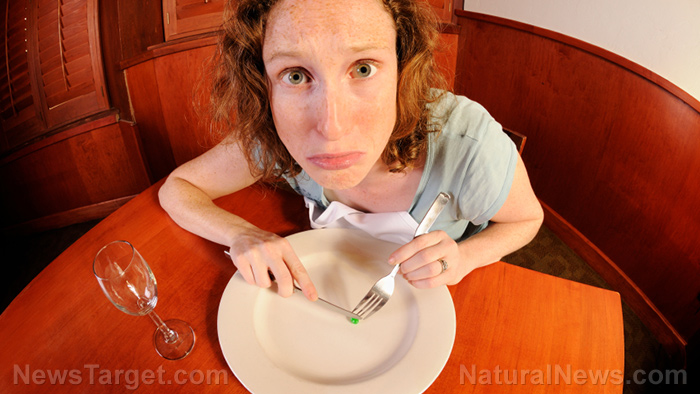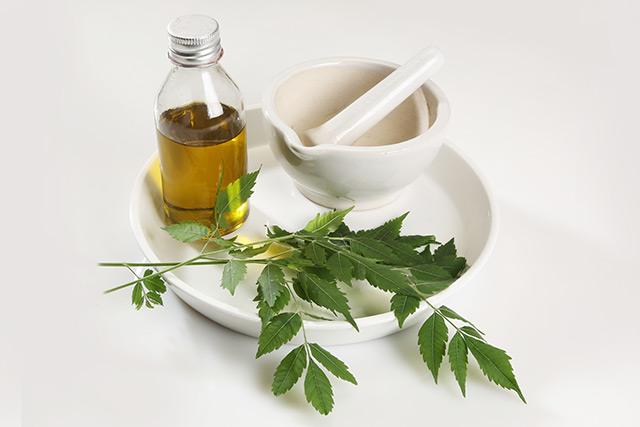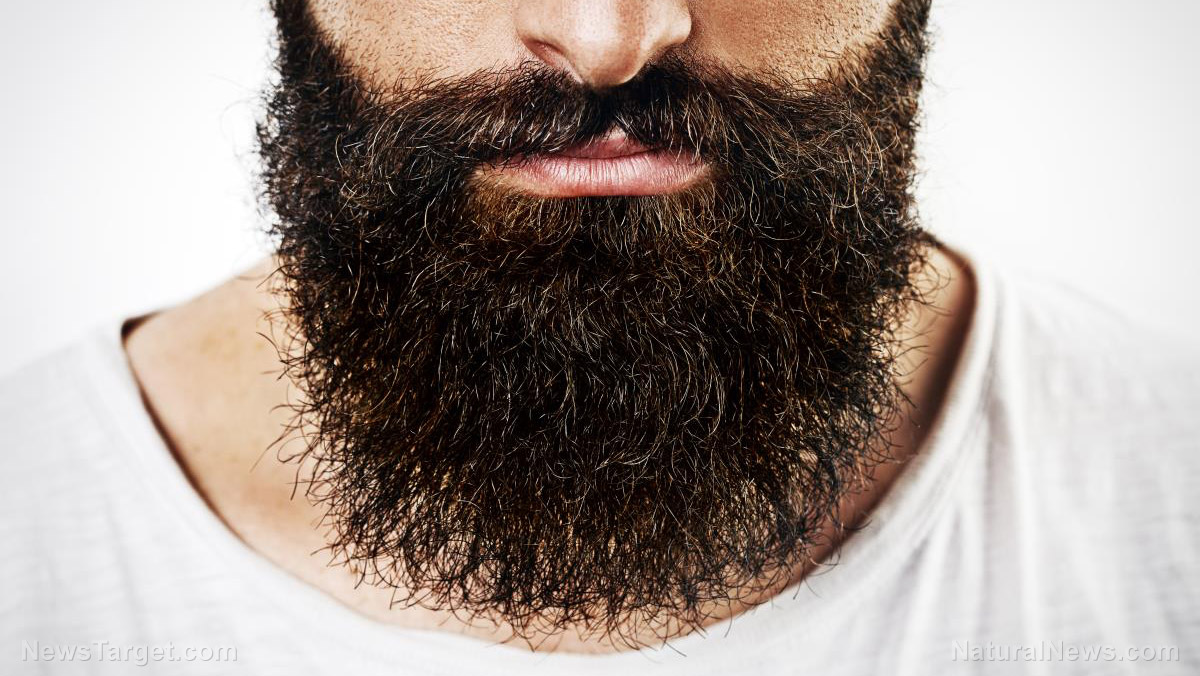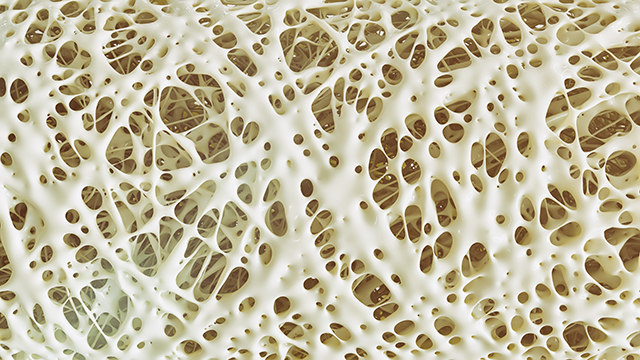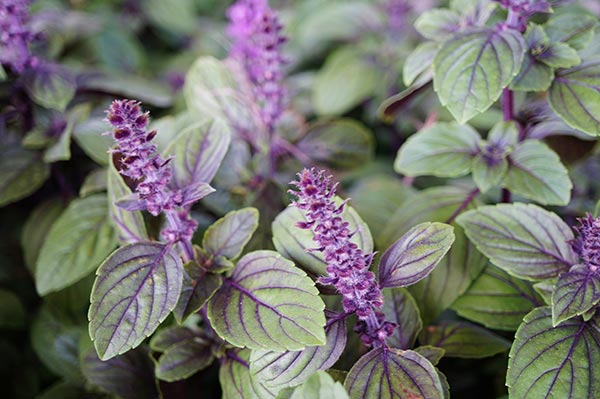Avoid these 5 foods that lower testosterone levels
11/21/2019 / By Zoey Sky
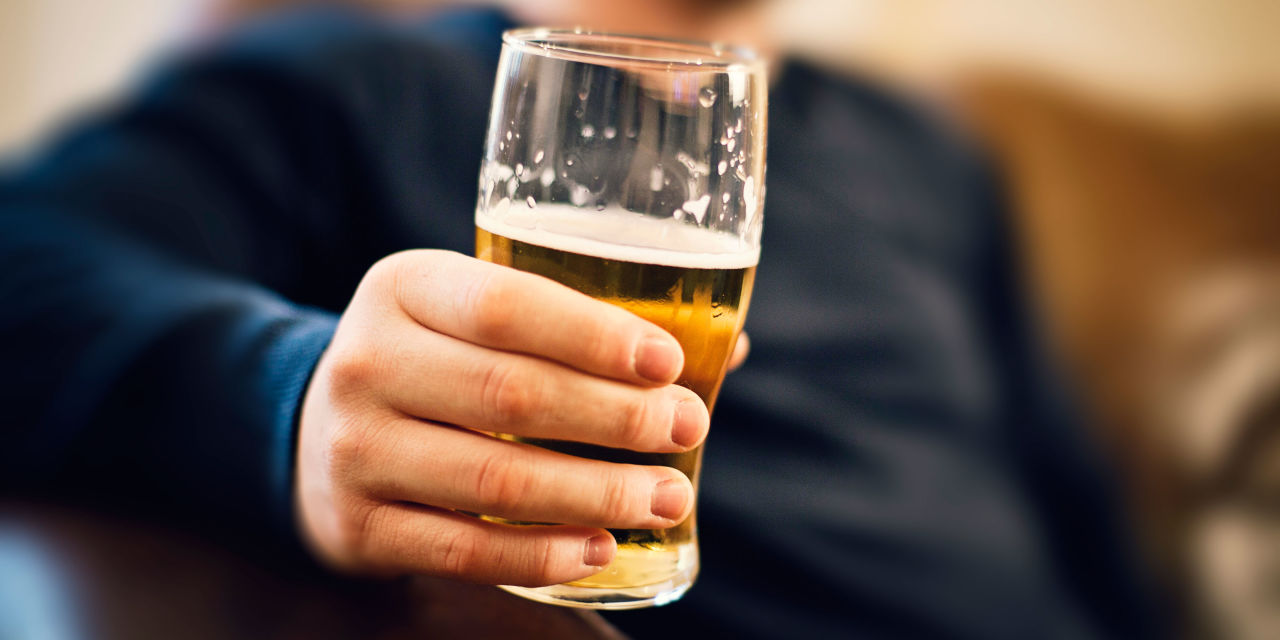
Your diet affects your overall health and eating certain foods can lower your testosterone levels. To naturally increase your levels of this important hormone, exercise regularly and maintain a healthy weight. If you’re worried about your testosterone levels, avoid alcoholic beverages and foods like pastries and certain fats.
Sex hormones and testosterone
Your diet powers your cells, and the food you eat can affect some of your body’s other components, such as hormones like testosterone. Eating too much of certain types of foods may cause hormonal imbalance, meaning it can make it more difficult for your body to use hormones properly.
Testosterone is one of the major sex hormones. While men produce more testosterone, women also need this particular hormone.
Detailed below are some of testosterone’s effects on the body:
- It promotes an increase in bone and muscle mass, along with body hair.
- It affects reproduction and it helps the penis and testicles mature during adolescence.
- It is necessary for sperm production.
- Low testosterone can cause bone density loss, which increases fracture risk.
Generally, your body efficiently regulates your hormones and testosterone levels. But eating certain foods can hinder this process and unbalance your hormone levels.
To ensure that your testosterone levels are balanced, avoid consuming too much of the foods listed below.
Alcohol
Several studies have found that while a small amount of alcohol increases testosterone levels in men, this isn’t always the case.
In a study published in the journal Current Drug Abuse Review, researchers discovered that drinking alcohol regularly or heavy drinking for long periods may decrease testosterone levels in men. The study also warned that heavy drinking may increase testosterone levels in women.
Bread, desserts, and pastries
Research published in the journal Nutrients revealed that eating Western-style foods like bread, pastries, and other desserts are linked to low total testosterone levels in Taiwanese men. (Related: Tips for clean eating: 11 Ways to improve your eating habits right now.)
Frequently eating in restaurants, not eating enough leafy greens, and high dairy consumption were also found to decrease muscle mass and increase body fat.
Soy products
Soy foods like edamame and tofu contain phytoestrogens, compounds that function similarly to estrogen. While various studies have looked into the effects of soy, the food product still isn’t fully understood.
According to a study published in the journal German Medical Science, breast tenderness and estrogen concentrations can return to normal after a male participant stopped consuming soy.
The scientists posited that phytoestrogens in soy can affect the body even without changing the body’s hormone levels. It is believed that this causes symptoms of high estrogen. Further research in both male and female participants can help determine the particular effects of soy consumption on the body.
Dairy products
If you want to boost your testosterone levels, avoid dairy products, especially since cow’s milk may contain synthetic or natural hormones that can affect your testosterone levels.
Additionally, animal feed may contain soy that can increase the estrogen levels in cow’s milk.
Certain fats
A study published in the Asian Journal of Andrology found that the type of fat you consume can influence your testosterone levels and function.
In the study, researchers observed the dietary patterns, hormone levels, and testicular function of young and healthy male participants. The results found that consuming trans fats may lower testosterone levels and that consuming too many omega-6 fatty acids may reduce testicular size and function.
The researchers also discovered that consuming a diet full of polyunsaturated omega-3 fatty acids helps increase testicle size and boost function.
Other factors
Aside from your diet, these factors can also cause hormone imbalance or low testosterone:
- Aging
- A sedentary lifestyle
- Chronic drug, marijuana, and tobacco use
- Diabetes
- Obesity
How to boost testosterone naturally
The following positive lifestyle changes may help naturally boost your testosterone levels:
- Exercising regularly
- Following a balanced diet that includes fresh, healthy foods
- Maintaining a healthy weight
- Sleeping well every night
Keep your hormones balanced by avoiding foods that lower testosterone like soy and certain types of fat and live a healthy lifestyle to maintain your overall health.
Sources include:
Tagged Under: aging, Alcohol, diabetes, Diets, fitness, fresh foods, hormonal imbalance, men's health, nutrition, obesity, prevention, Testosterone
RECENT NEWS & ARTICLES
MensHealth.News is a fact-based public education website published by Mens Health News Features, LLC.
All content copyright © 2018 by Mens Health News Features, LLC.
Contact Us with Tips or Corrections
All trademarks, registered trademarks and servicemarks mentioned on this site are the property of their respective owners.

